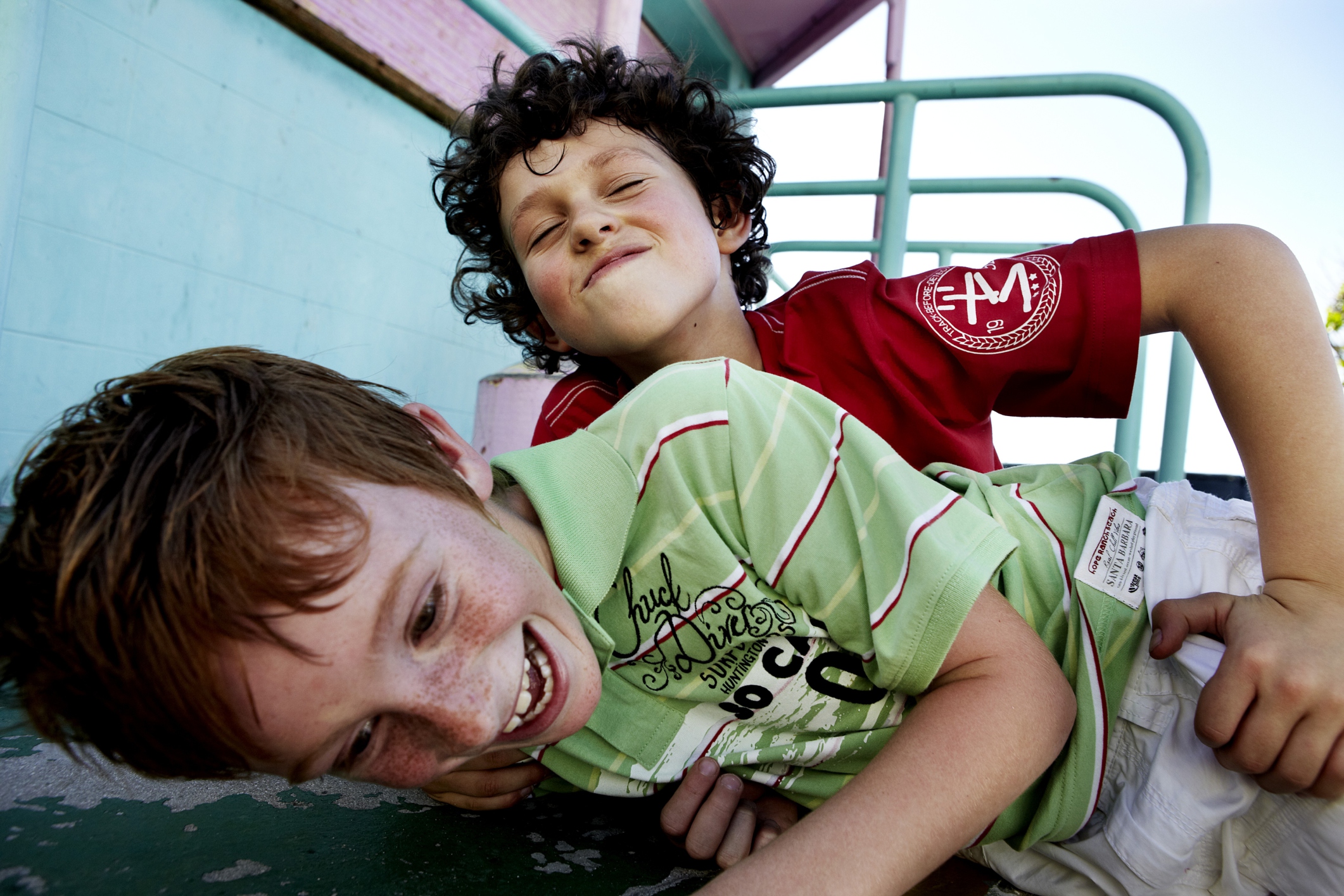
There was an article recently in TIME Magazine that revealed the results of an American Psychological Association survey showing that a third of teenagers no longer read books for pleasure. As parents, a survey like this may cause us to lecture our kids about the importance of reading, but what if I told you there was a full-proof formula to get your children to read?
And what if I told you that the same formula could get your kids to clean up after themselves, eat healthier, be more responsible on social media, and even develop a practical faith of their own?
The formula is summed up in this quote by author Paulo Coelho: “The world is changed by your example, not by your opinion.”
You see, as parents we can tell our kids all day long that we want them to put their shoes away . . . but if they see your shoes sprawled on the family room floor every evening, then they know you’re not serious. Likewise, you can lecture your kids about the importance of reading books—you can even bribe them to read more—but when children see their parents reading regularly, that’s when they’re more likely to become readers too.
That’s because our kids are more likely to follow our example than our opinion or advice.
It’s the same when it comes to our faith. If we want our kids to have a practical faith that accepts and serves others, then they need to see us accepting and serving others—it’s not enough for parents to tell their children to read their Bibles every day. Daily devotions are important, yes, but our children need to see us living out our faith practically for it to stick. As Andy Stanley says, parents need to show their children that “following Jesus makes our life better, and makes us better at life”. Practical faith is something that is caught, not taught.
The old saying that actions speak louder than words is true. In fact, it’s an idea that Jesus modeled.
When Jesus started sharing his new perspective about God and faith in first century Israel, he didn’t just walk around sprouting his opinion publicly and expecting people to change. Instead, he invited 12 young boys to follow him, to watch the way he lived 24-7, to hear the way he spoke, and watch the way he served others. We call this discipleship, but it is an idea that is so much more than many of us realize.
You see, Christians typically translate the word “disciple” as “student”, which is why many churches host discipleship classes. But the Hebrew word for disciple is “talmid”, which is more accurately translated as “apprentice”—someone who is being led to become just like his or her teacher.
Think back to when you were a student in school and sitting in math class. The teacher was at the blackboard passing on information that you realized you had to understand and memorize on some level in order to get a good grade or pass an exam. But this is different to an apprentice. An apprentice mechanic, for example, not only watches a qualified mechanic at work, but they are invited to do what the mechanic does, so that one day, they will be able to work in their garage.
An apprentice does not just learn what their teacher knows, they do what their teacher does.
This is what Jesus was doing when he said, “follow me”—and it’s what he meant when he said; “The student is not above the teacher, but everyone who is fully trained will be like their teacher.” (Luke 6:40). This is also what the Apostle Paul did with his friend Timothy. Paul walked alongside Timothy, discipling and mentoring him as they traveled together. This is why Paul said; “Follow my example, as I follow the example of Christ.” (1 Corinthians 11:1). This is apprenticeship—and this is discipleship.
If we want our kids to pick up after themselves, they need to see us doing that.
If we want our kids to be responsible on social media, they need to see us posting responsibly.
If we want our kids to have a day of rest, then they need to see us resting.
If we want our kids to read more, then we need to read more and let them catch us doing it.
If we want our kids to eat healthier, exercise more, speak politely, have healthy boundaries with technology, not get angry, or have a practical faith—then we need to model these things.
Because your children will follow your example, not just your opinion.




